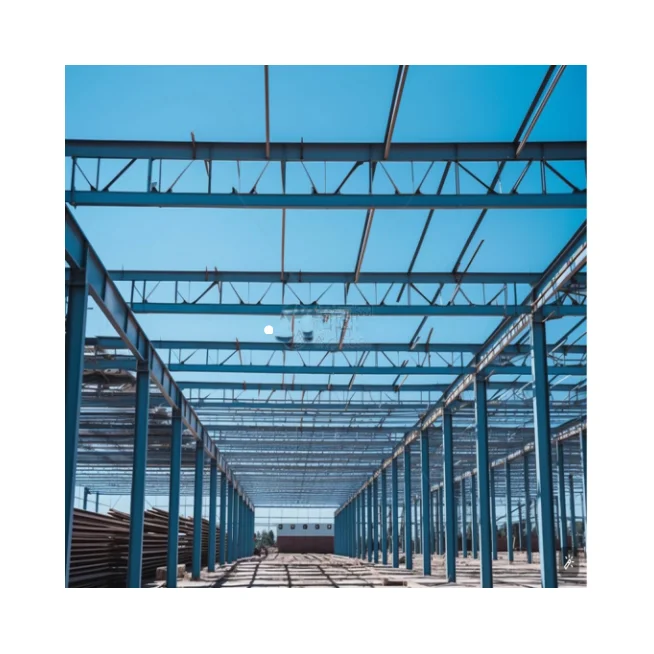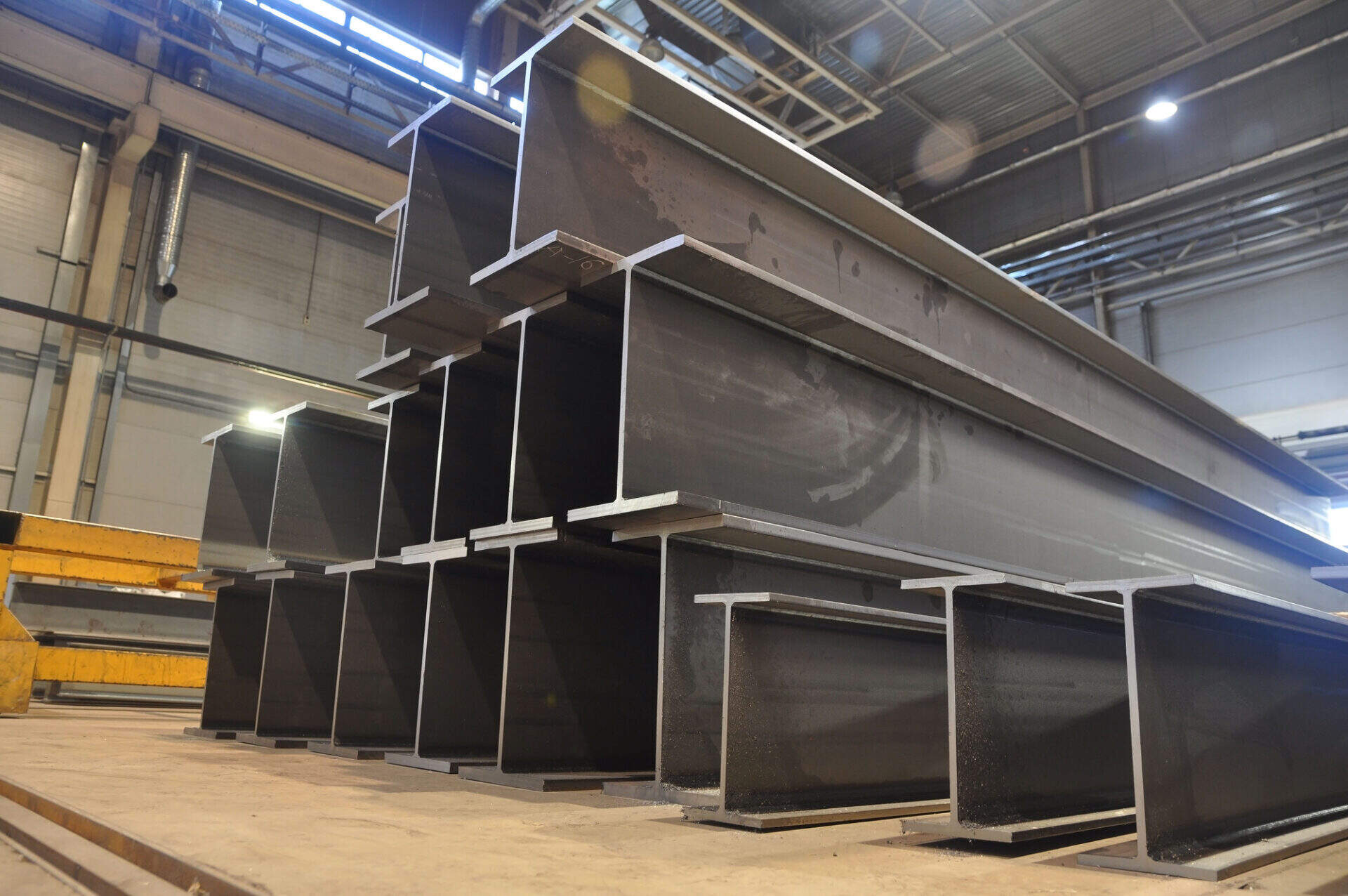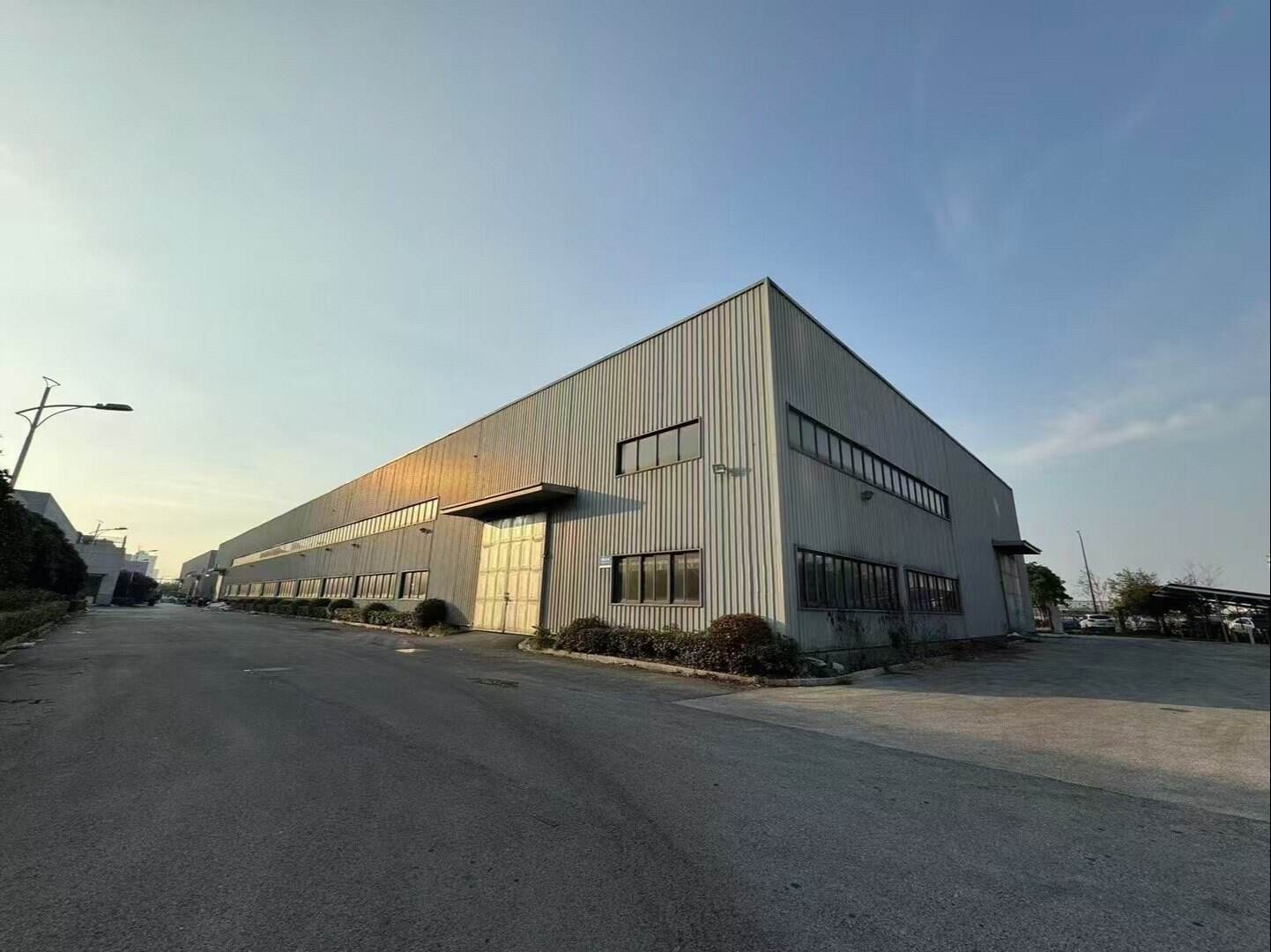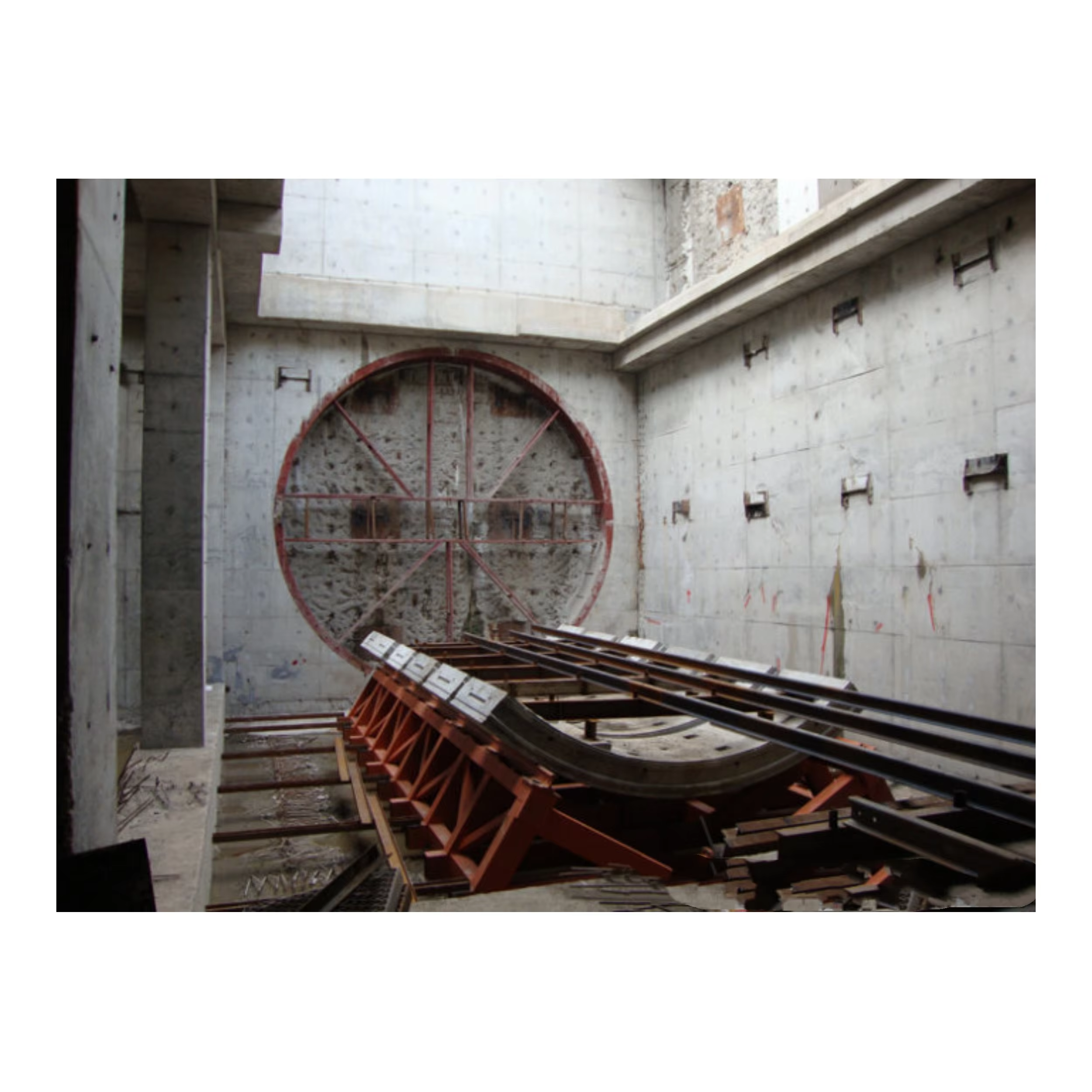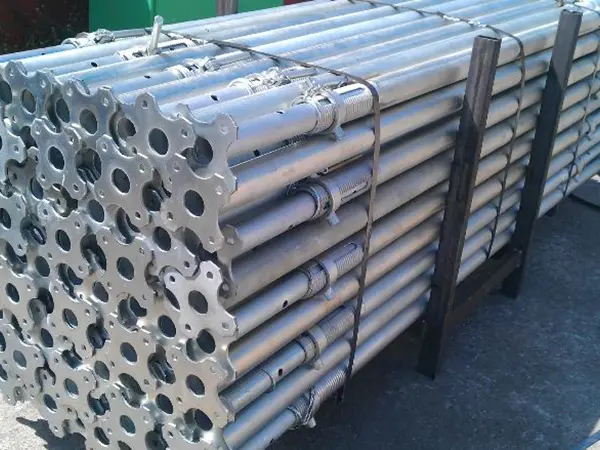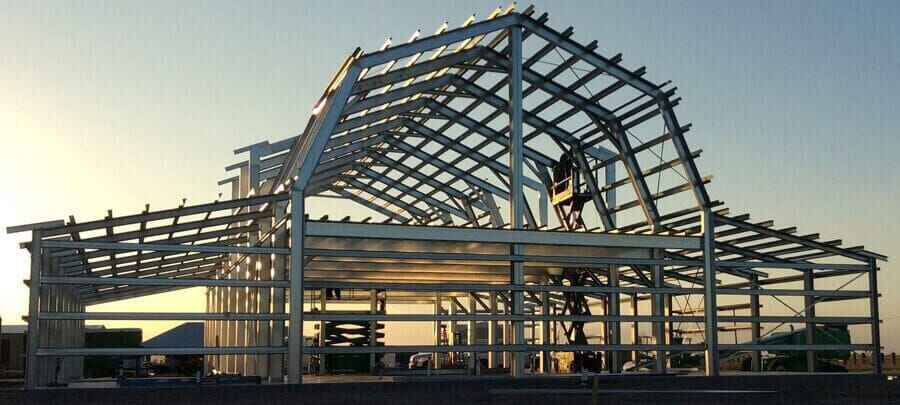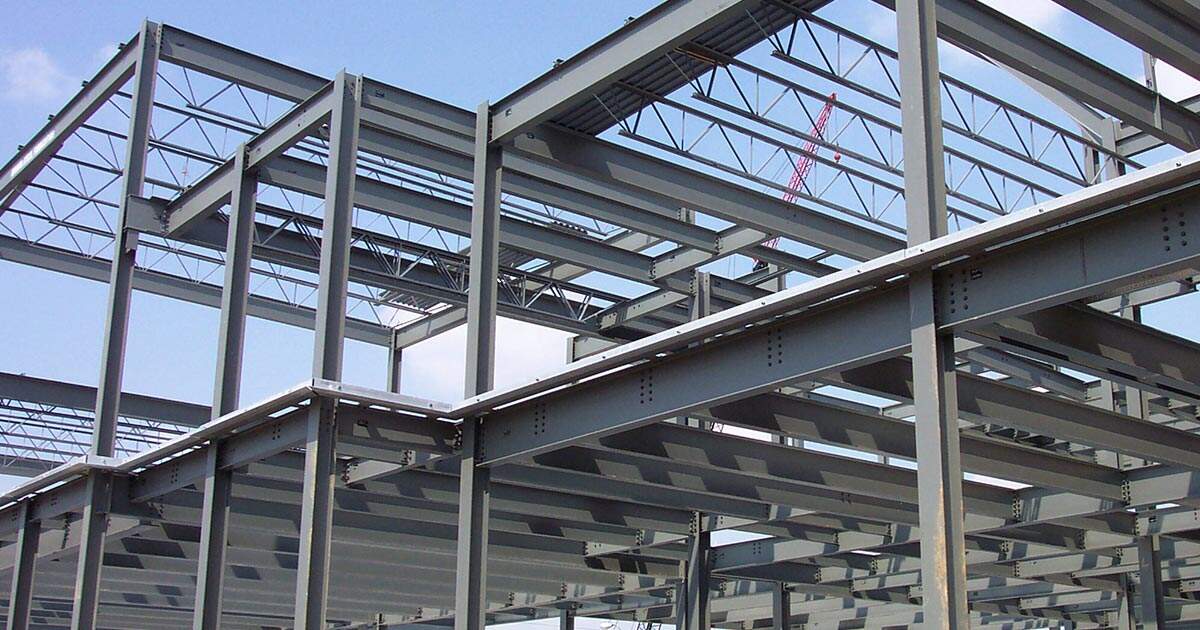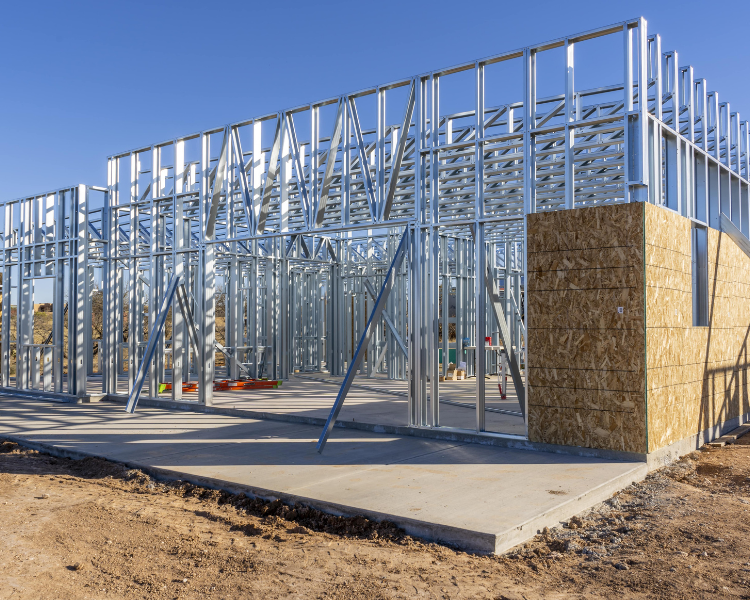steel frame fabricators
Steel frame fabricators represent a crucial component in modern construction and manufacturing industries, serving as specialized facilities that transform raw steel materials into precisely engineered structural components. These advanced facilities combine traditional metalworking expertise with cutting-edge technology to create custom steel frameworks for various applications. The fabrication process involves multiple stages, including detailed design work, precise cutting, forming, welding, and assembly of steel components. Modern steel frame fabricators utilize sophisticated computer-aided design (CAD) software and computer numerical control (CNC) machinery to ensure exceptional accuracy and consistency in production. These facilities are equipped with state-of-the-art tools and equipment, including automated welding systems, plasma cutters, and quality control instruments that guarantee the structural integrity of each component. Their capabilities extend beyond basic steel frame construction to include complex architectural elements, industrial equipment supports, and custom structural solutions. The fabrication process adheres to strict industry standards and specifications, ensuring that each product meets or exceeds relevant building codes and safety requirements.





